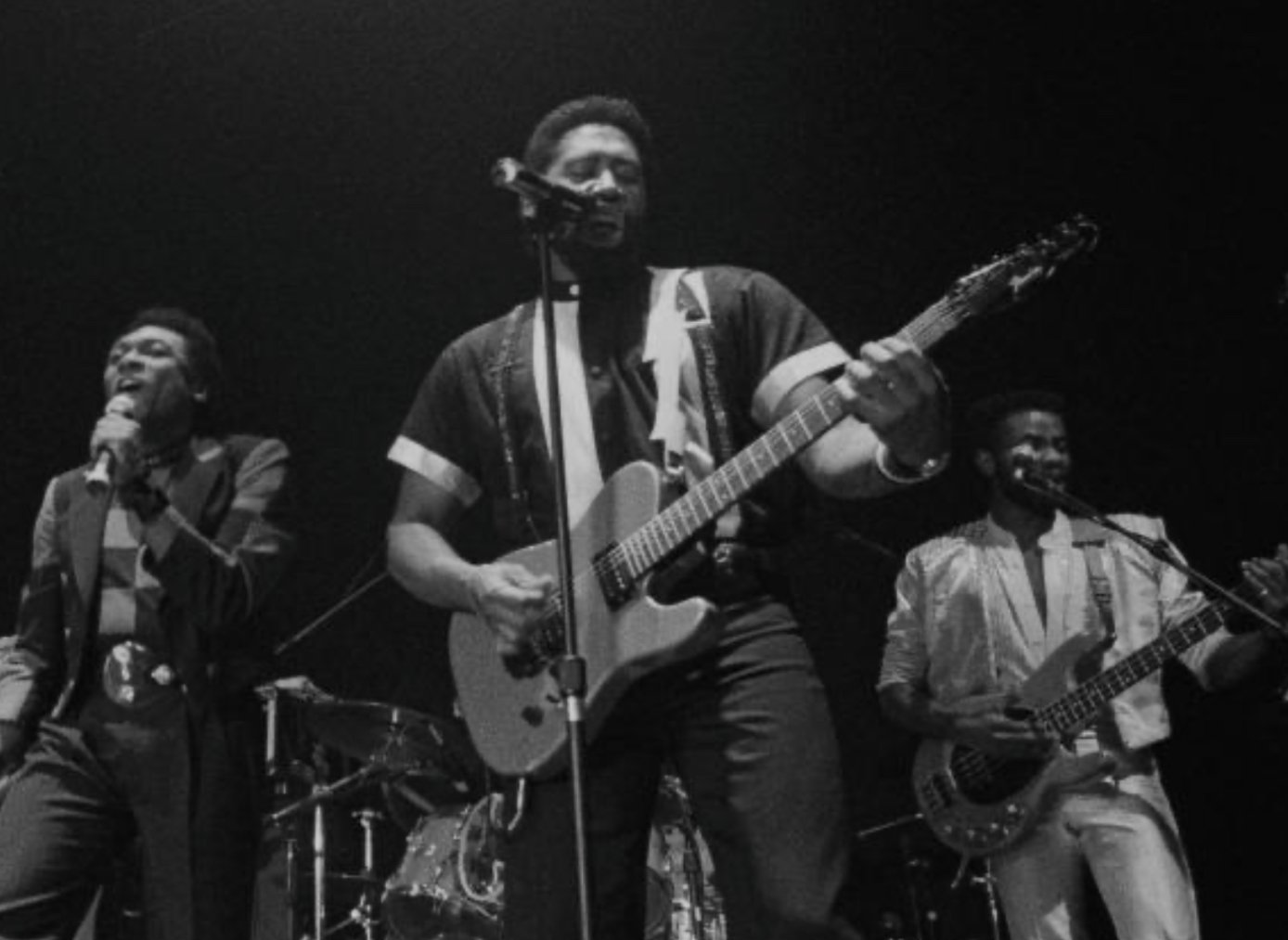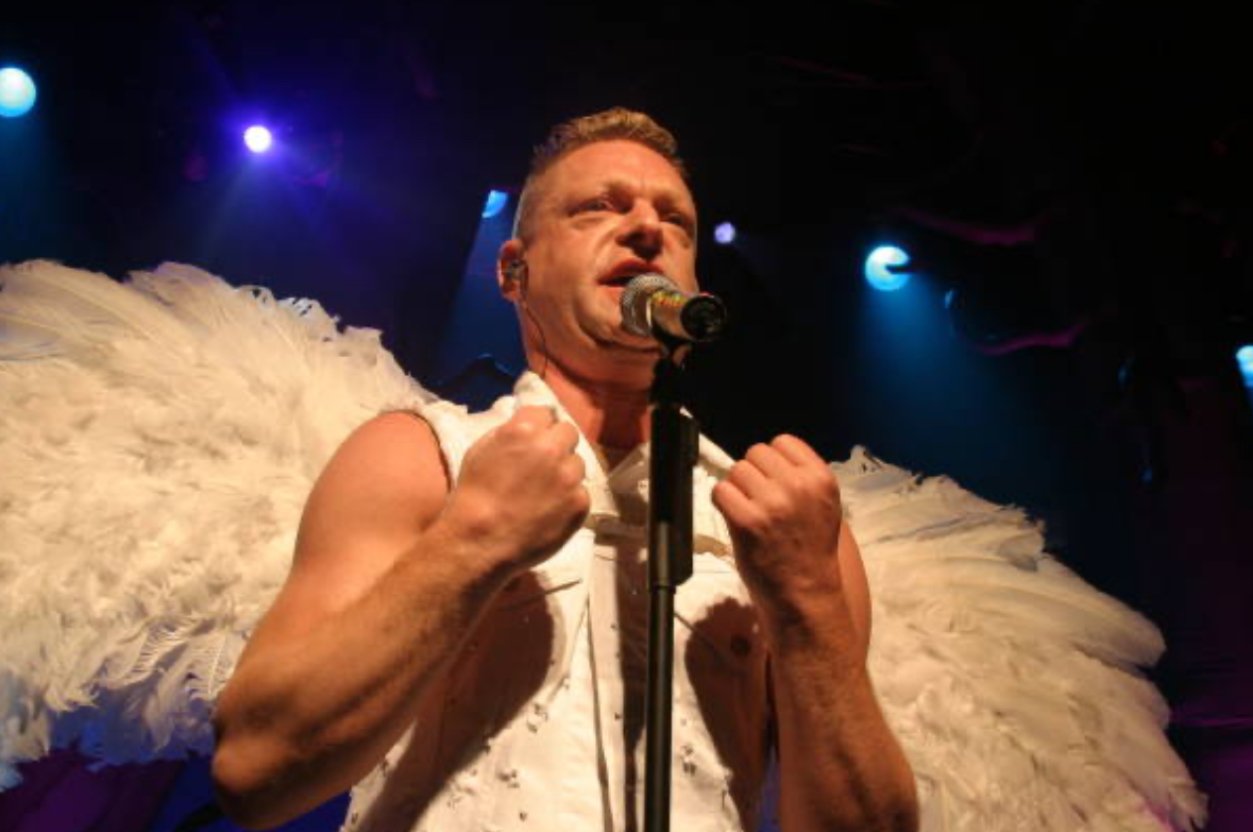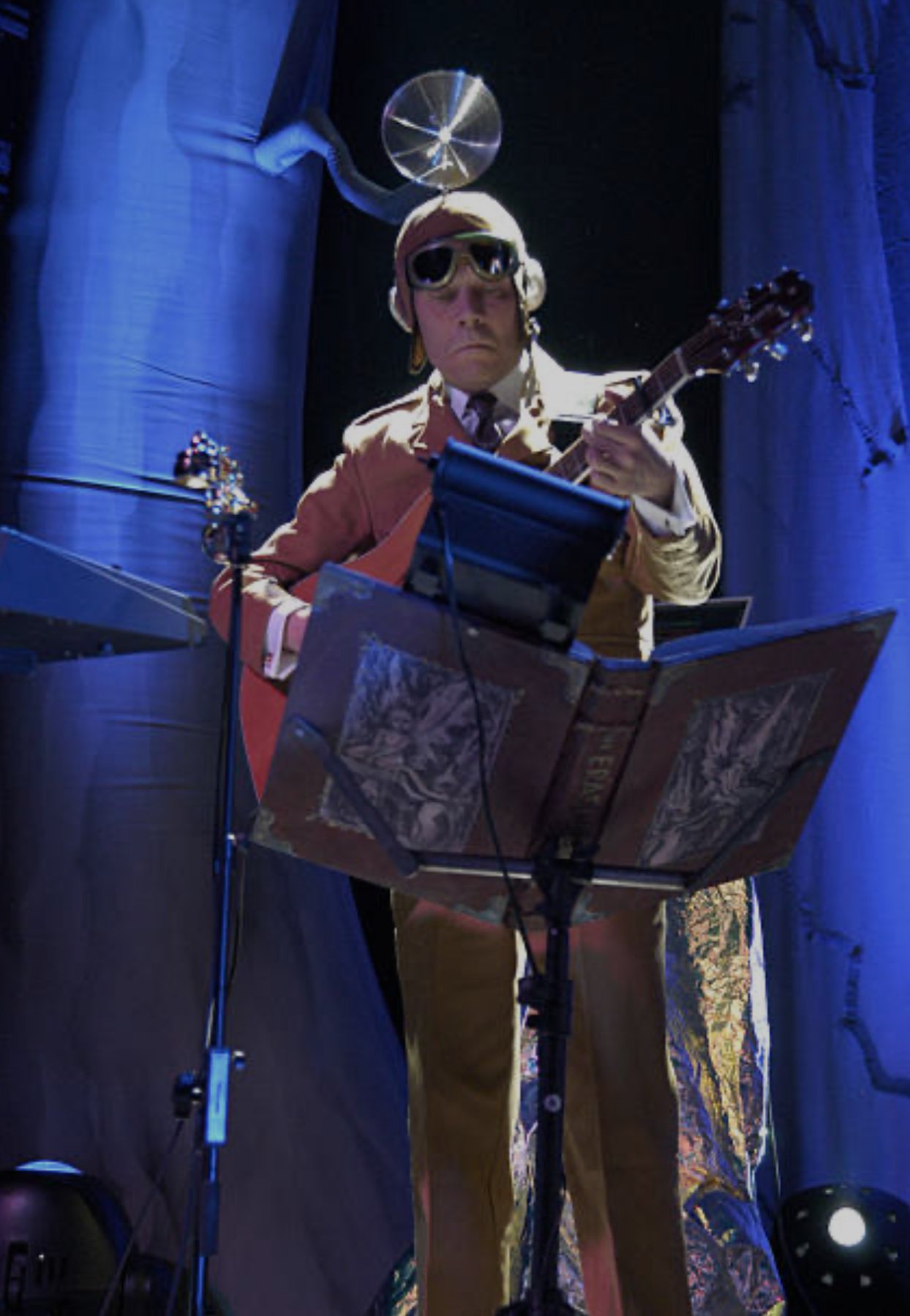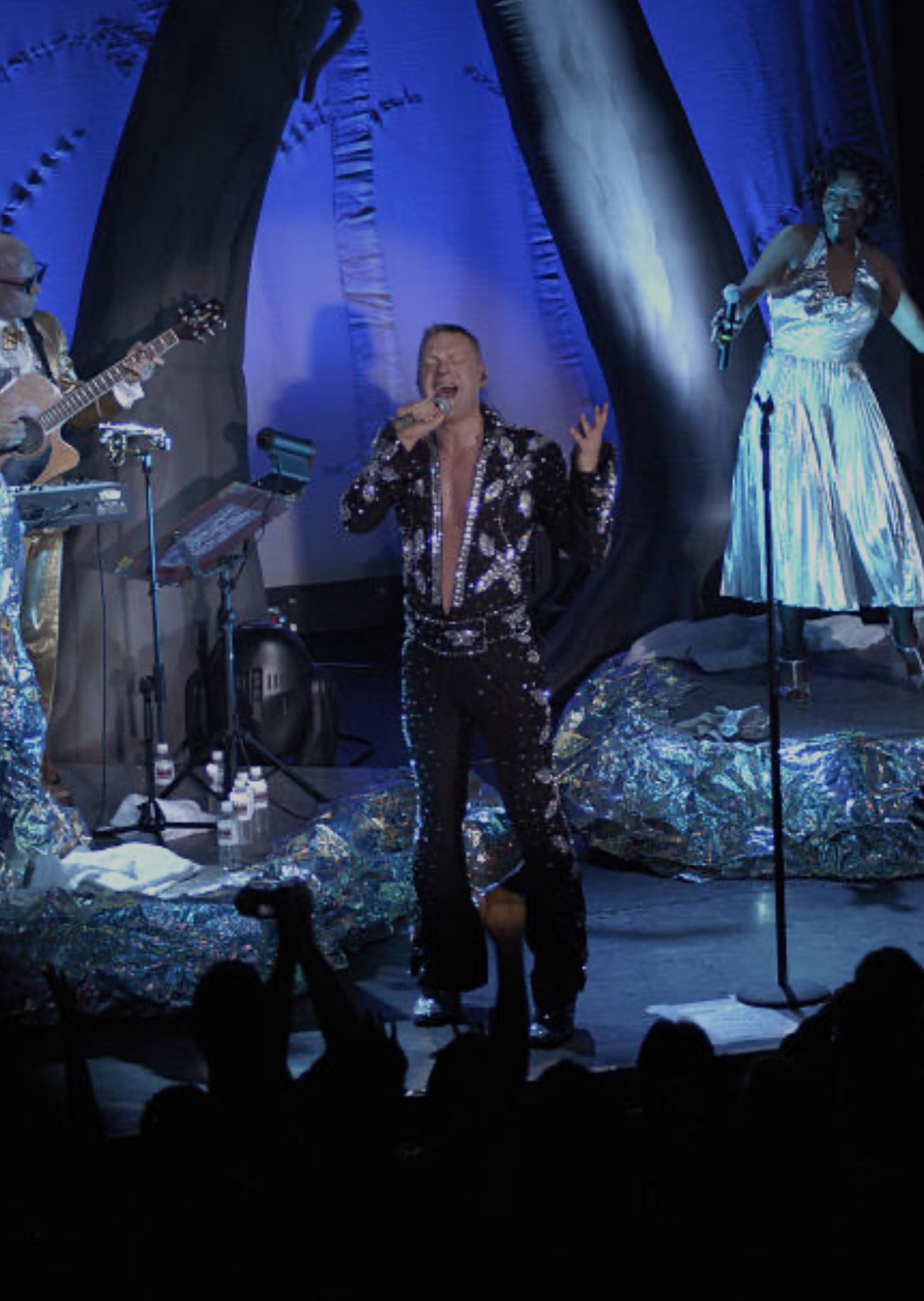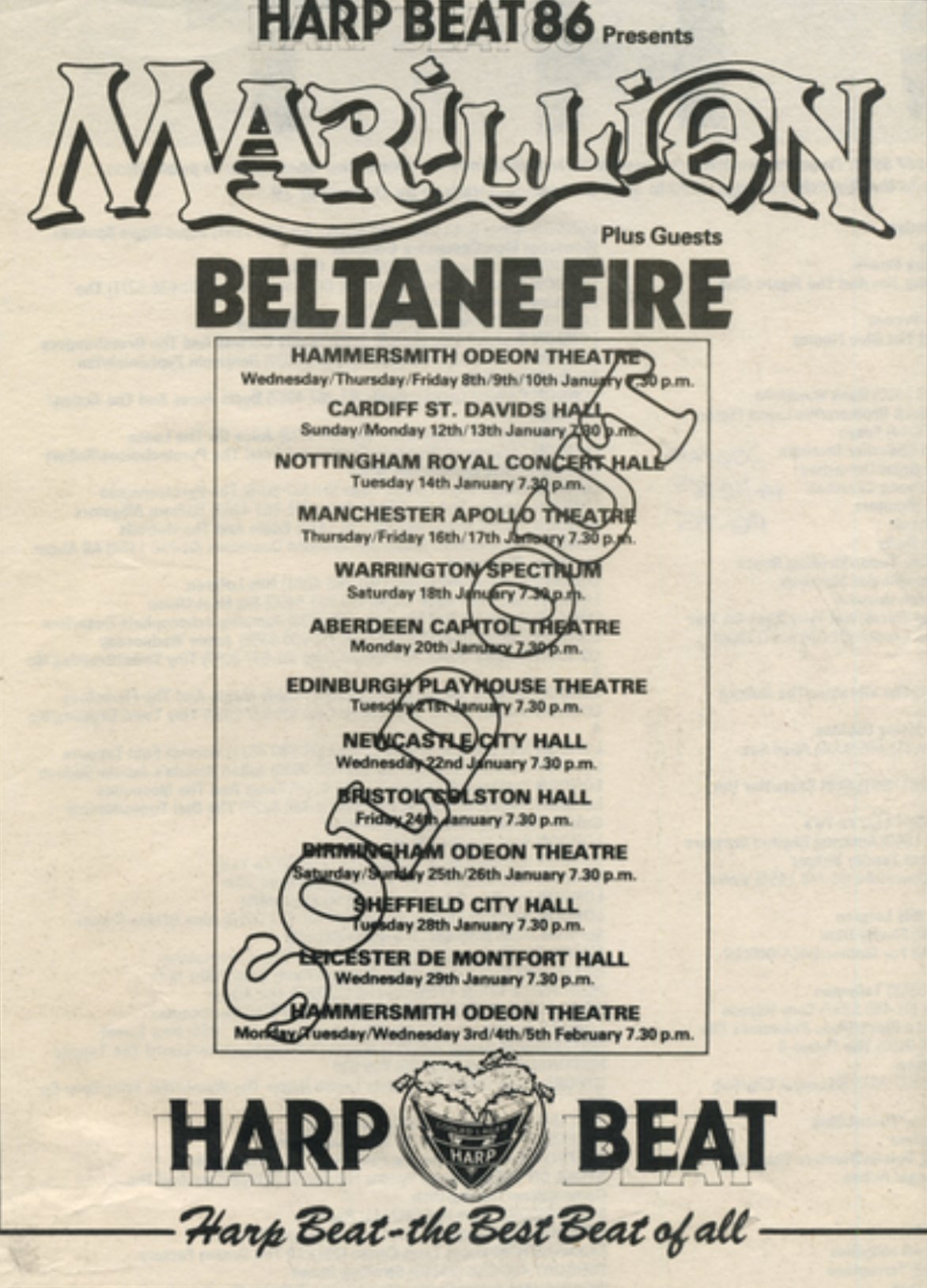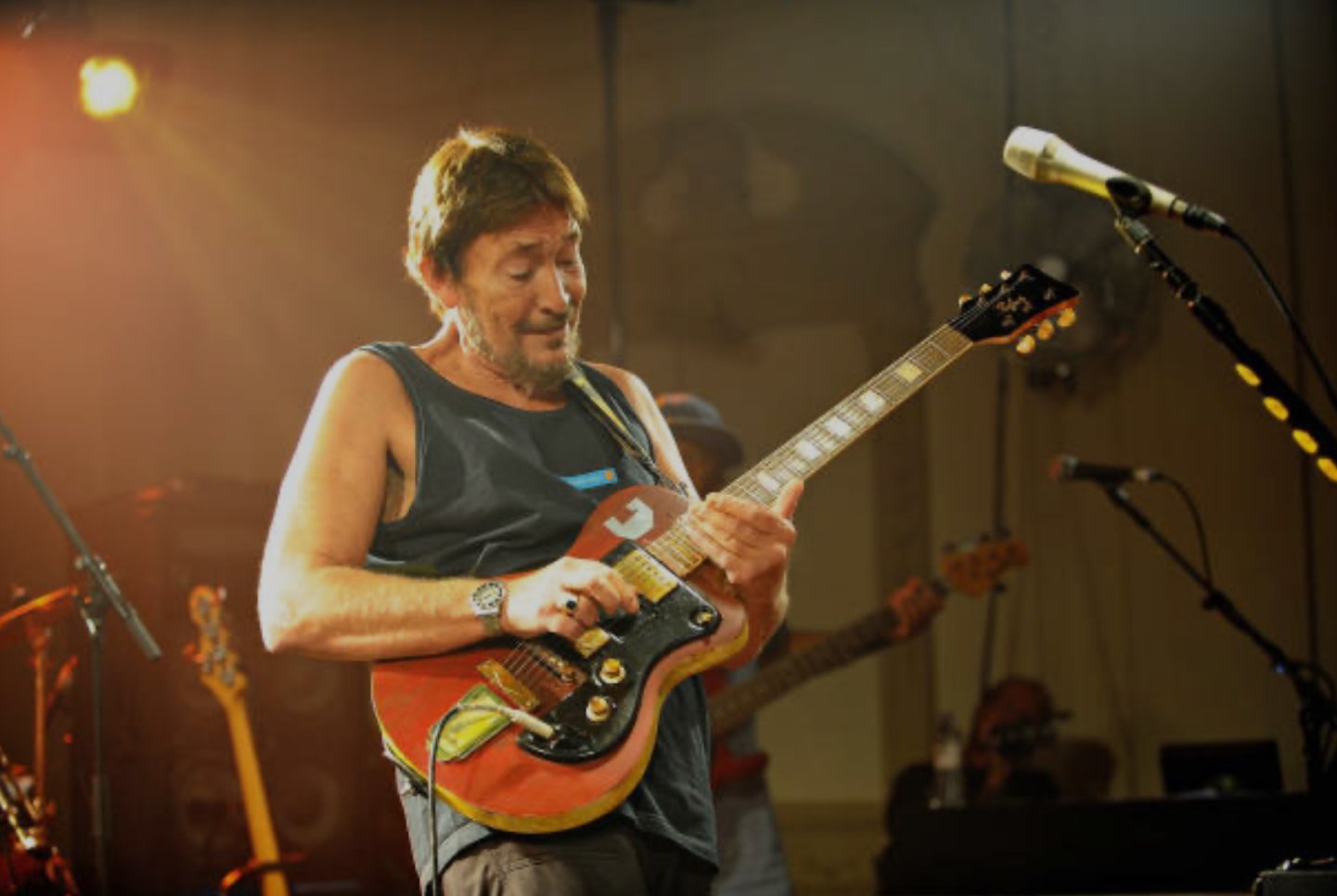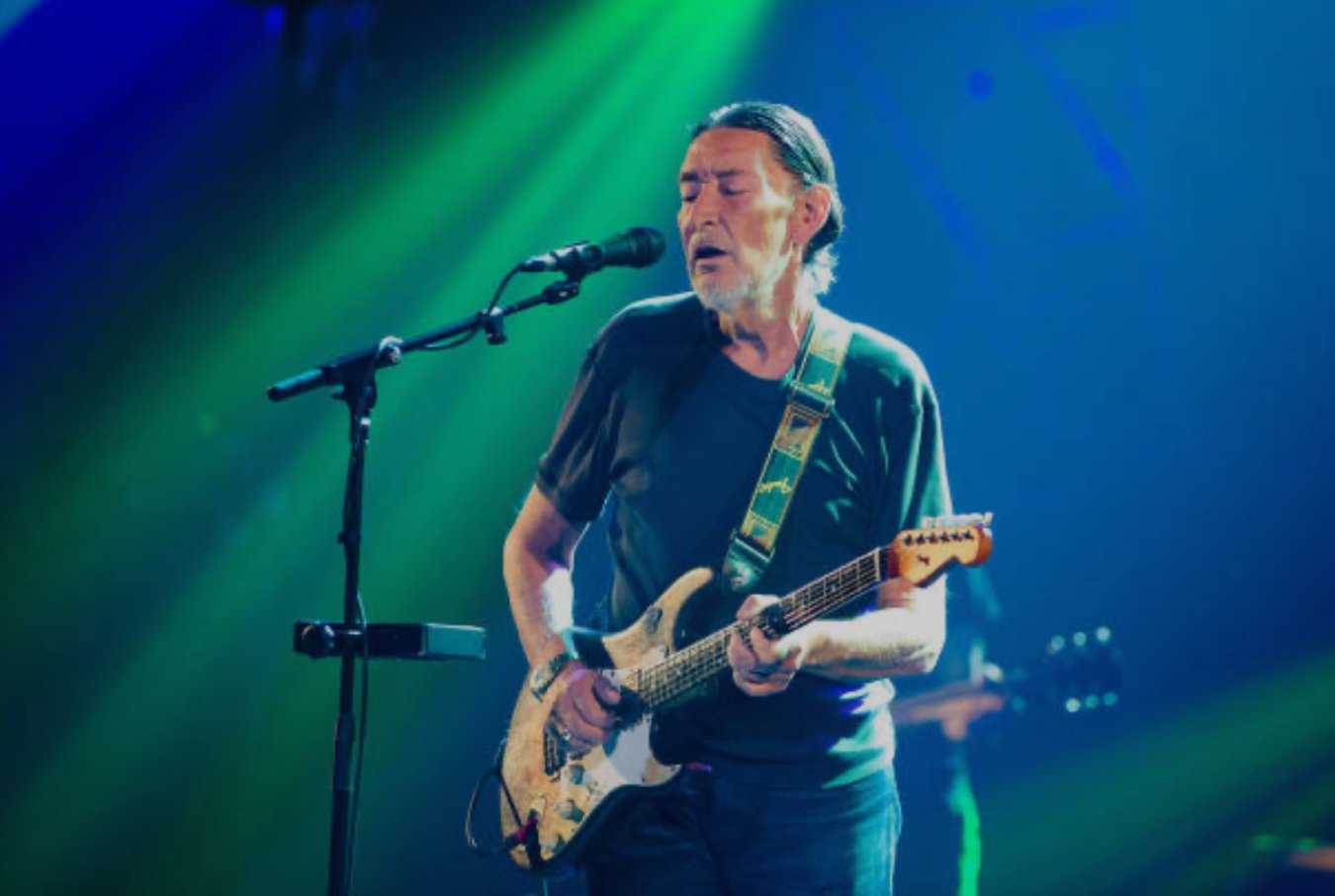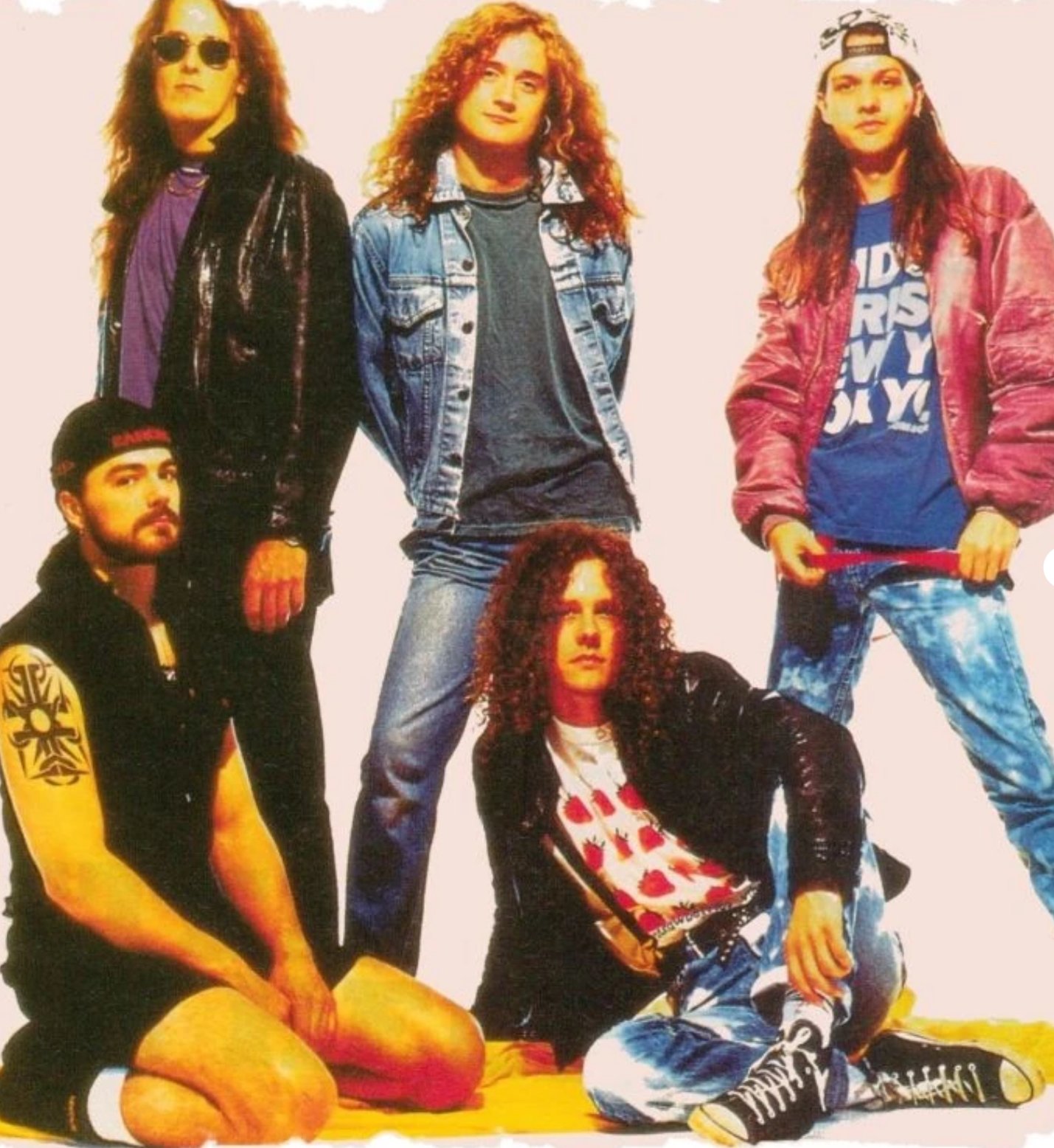Images may be subject to copyright
The members of the group met as mostly freshmen at Tuskegee Institute (now Tuskegee University) in 1968, and signed with Motown in November 1972, having first caught the public eye opening for the Jackson 5 while on tour.
The band's biggest hit singles are ballads such as "Easy", "Three Times a Lady", and "Nightshift"; and funk-influenced dance songs, including "Brick House", "Fancy Dancer", "Lady (You Bring Me Up)", and "Too Hot ta Trot".
Commodores were inducted into the Alabama Music Hall of Fame and Vocal Group Hall of Fame. The band has also won one Grammy Award out of nine nominations. The Commodores have sold over 70 million albums worldwide.
The group gradually abandoned its funk roots and moved into the more commercial pop arena. In 1984, former Heatwave singer James Dean "J.D." Nicholas assumed co-lead vocal duties with drummer Walter Orange.
That line-up was hitless until 1985 when their final Motown album Nightshift, produced by Dennis Lambert (prior albums were produced by James Anthony Carmichael, who would continue to work with Richie on his albums), delivered the title track "Nightshift", a loving tribute to Marvin Gaye and Jackie Wilson, both of whom had died the previous year. "Nightshift" hit no. 3 in the US and won the Commodores their first Grammy for Best R&B Performance by a Duo or Group With Vocals in 1985.








